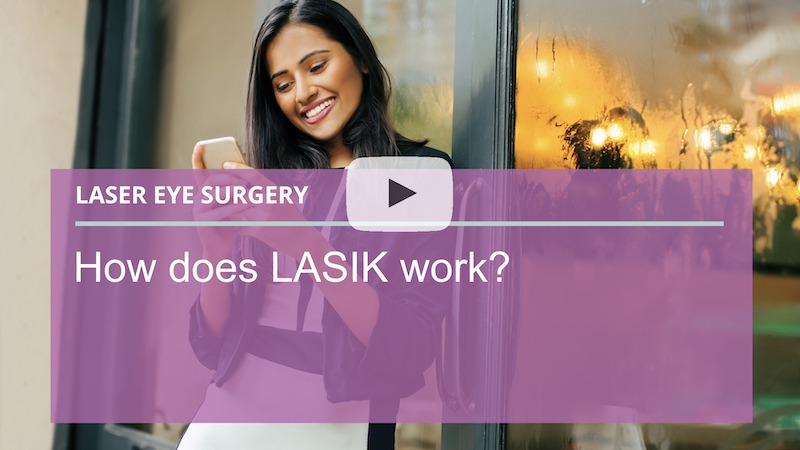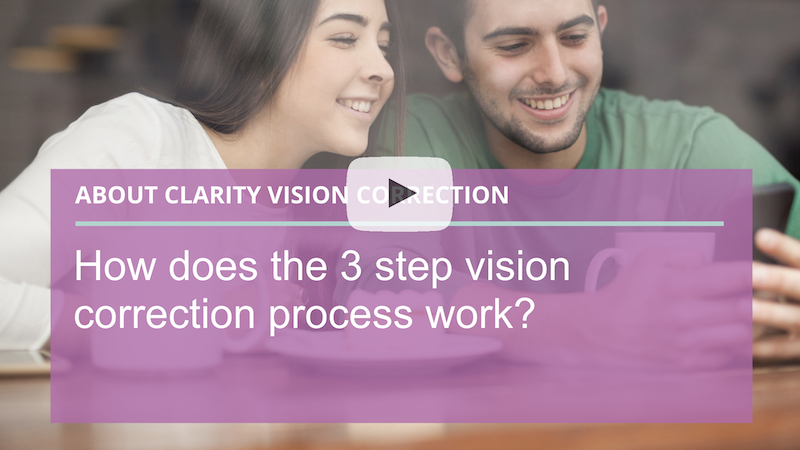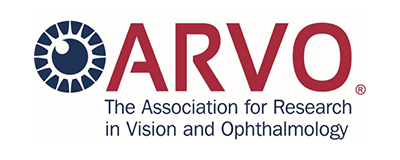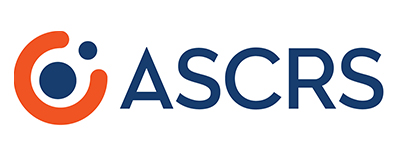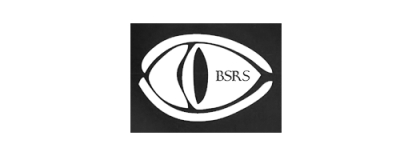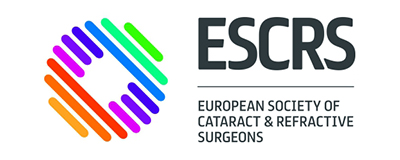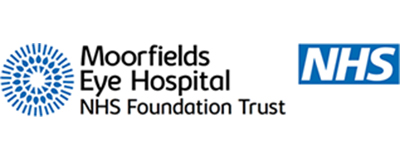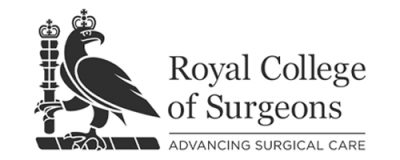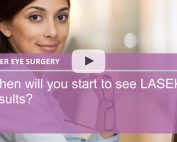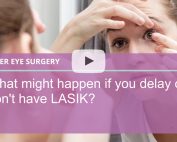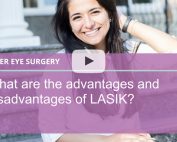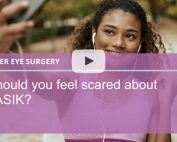GETTING LASIK IN LONDON
The ideal treatment if you are motivated to be glasses or contact lens free
How does it work? It’s simple
What holds our patients back? Time! Use this time to get ahead of the game, so you’re ready for whatever the future will bring
Why you should get LASIK
The best thing about LASIK…
The same eyes but better
You have finally prioritised your vision, and the results are better than you could have ever imagined. You can see clearly at all distances, and no longer need to wear glasses or contact lenses.
You feel like a new you
Waking up in the morning to fresh vision is exciting and refreshing. You find the confidence and convenience you never knew you’d lost.
The average day is no longer average
Simple activities like taking a shower, exercising or walking outdoors is so much easier without glasses. You no longer have the hassle of dry and scratchy contact lenses or the guilt of accidentally leaving them in overnight.
Reconnect with your true identity
Even if you didn’t mind the look of your glasses, it’s nice to feel comfortable in your own skin, without the added clutter. Others will notice the confidence and energy you exude.
Life-changing freedom
After LASIK, patients love their lives. They are more spontaneous, fun and free. Their only regret is that they didn’t do it sooner.
How does it work? It’s simple
What holds our patients back? Time! Use this time to get ahead of the game, so you’re ready for whatever the future will bring

Everyone says “I’ll get to it”, but honestly, how many things do we let get in the way of what we want? The first step is simply to call and request a free video appointment.

Attend your in-person consultation at a time that fits your busy lifestyle. After hours? No problem. We’ll make it work.

Recover your time. Glasses and contact lenses waste valuable time. Remove unnecessary hassle (and cost), and free yourself up to enjoy hobbies and people you love.
Take our fast assessment to see if laser eye surgery could change your life
Stop wasting time – discover your vision correction options now
Get free video appointmentLASIK explained
In these toggles you will find everything you need to know
LASIK suitability criteria
LASIK can treat a range of prescriptions, including long-sightedness, short-sightedness and astigmatism.
LASIK is ideal for patients who are motivated to be spectacle or contact lens free, and who are looking for the quickest recovery time and minimal discomfort.
Before you can have LASIK, you must first have your eye health thoroughly evaluated. This is to identify certain circumstances where this type of laser surgery would not be suitable. You must also have a stable prescription.
If you participate in contact sports, you will be cautioned on the risk of trauma to the eye.
How LASIK works
LASIK uses two types of lasers. We use the first laser to create a very small ‘flap’ in the surface of the eye.
We then apply the second laser to shape the front surface of the eye to allow images to focus clearly onto the back part of the eye, which is called the retina.
Advantages and disadvantages of LASIK
Advantages of LASIK
- Quick recovery
- Minimal discomfort
- Excellent vision after surgery
- Independence from glasses and contact lenses
- Well established and proven technology (20 years+) with long term data available
Disadvantages of LASIK
- Some patients may not be suitable for it, e.g. those involved with contact sports or with very high prescriptions
LASIK risks
A small minority of patients require further laser enhancement in the future.
There is a small risk of infection in the early stages after treatment which can be resolved with antibiotic drops.
LASIK can cause or worsen dry eye symptoms. This can be managed with simple lubricating eye drops and settles with time.
You may experience glare or halos. This usually settles with time.
Exceptionally rarely, the underlying strength of the surface of the eye (cornea) becomes weakened, which may need further treatment to strengthen it.
LASIK options and alternatives
If you are unsuitable or do not wish to have LASIK you can treat your eye condition with:
- Glasses or contact lenses
- Clear lens extraction – a non-laser treatment that involves the removal of the natural lens in the eye
- Implantable collamer lens (ICL) – a non-laser treatment that involves placing an artificial lens on top of the eyes natural lens
LASIK steps
LASIK is complete in 3 simple steps:
- First, we administer anaesthetic eye drops to eliminate any pain. You lie flat on a bed for approximately 10 – 15 minutes, but the actual procedure takes no longer than a few minutes
- The first laser is applied to create the flap, and then the second stage laser is used to shape the surface of the eye
- You can go home
LASIK results
You will notice the results of LASIK within hours of the treatment.
The recovery is very swift, although the healing process may take a few months to complete.
LASIK is permanent; however, it is important to remember that laser eye surgery does not eliminate the need for reading glasses or cataract surgery later on in life.
Affiliations and memberships
We are proud to be associated with the following organisations
For more information about laser eye surgery
Learn more about the specific details about the procedures we offer
Learn more about laser eye surgery
Educate yourself further by reading the links below
NHS - Laser eye surgery
An overview of laser eye surgery and lens surgery. Click here for more information.
WebMD - LASIK eye surgery
WebMD provides a great general overview of LASIK eye surgery, including the advantages, risks, and more. Click here for more information.
All About Vision - SMILE laser eye surgery
All About Vision provides a comprehensive summary of a popular surgery known as SMILE. Click here for more information.
Healthline - PRK vs. LASIK
If you’ve wanted to compare two of the most popular laser eye treatments, this article should be more than beneficial. Click here for more information.

